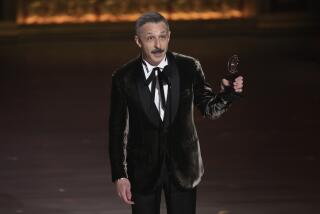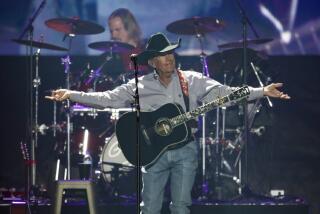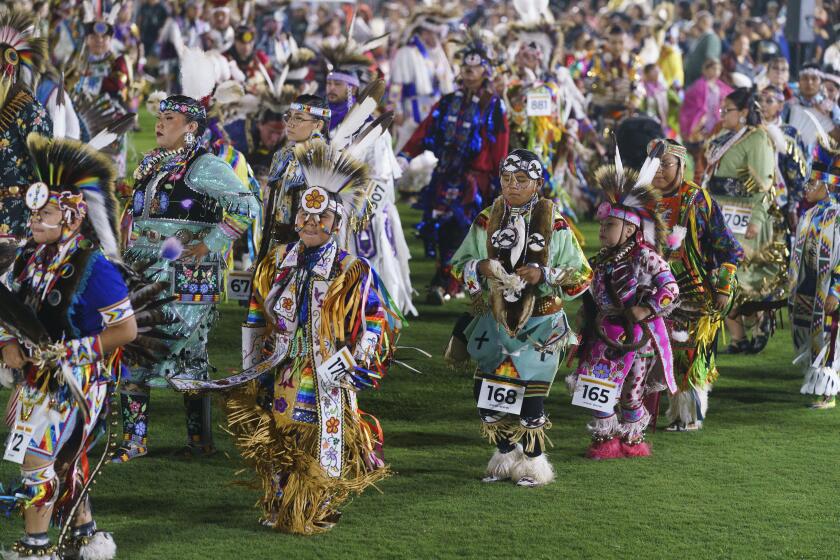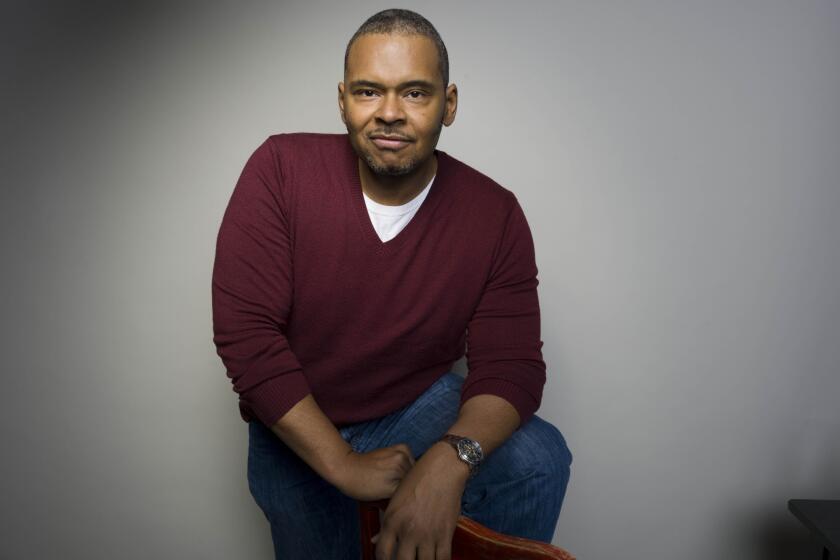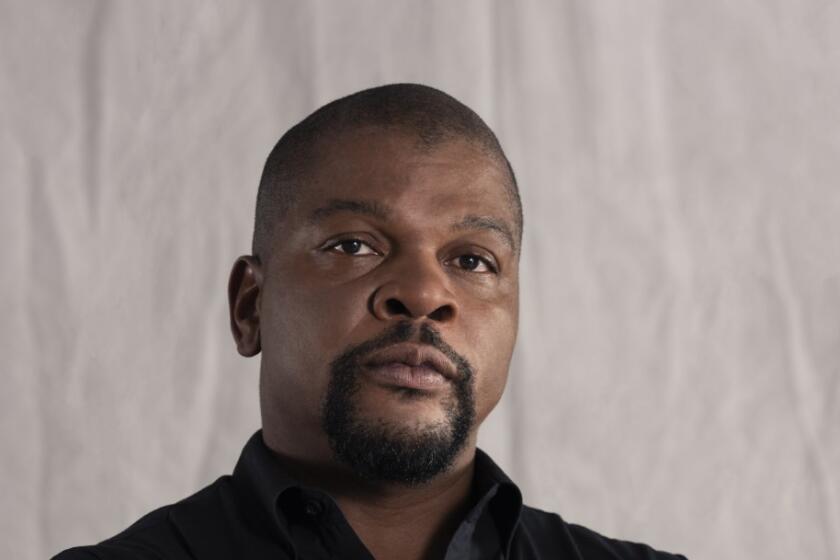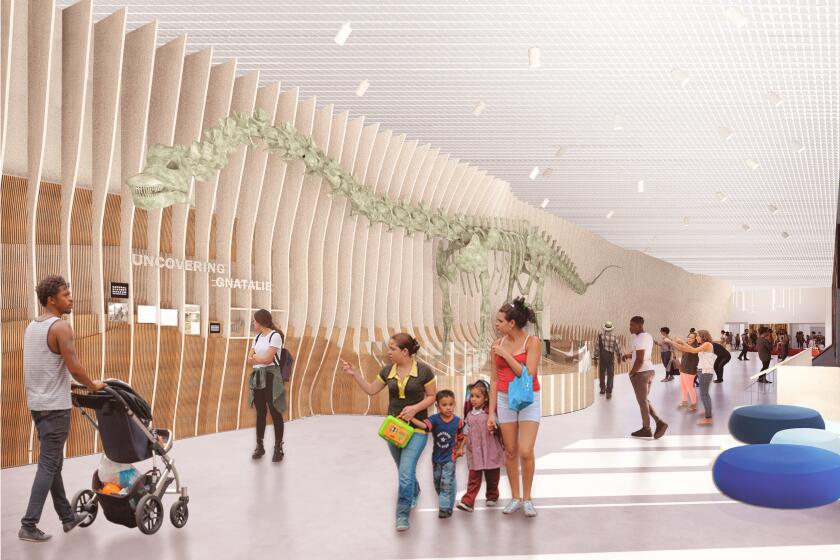‘Lady’ Just Fair at Hollywood Bowl
A concert performance of selections from Lerner & Loewe’s “My Fair Lady,” the centerpiece of the Hollywood Bowl’s “Fireworks Finale” on Friday and Saturday nights, survived on the strengths of the now-classic melodies.
It must have seemed like a pretty good idea to include music from “My Fair Lady” in the final concert of the Bowl’s summer season, as few Broadway scores are loaded with more familiar melodies.
Somewhere between the idea and the performance, however, something went awry. And Friday’s program--which featured singers Jonathan Pryce, Lesley Garrett and Desmond Barrit with the Mitch Hanlon Singers and John Mauceri’s Hollywood Bowl Orchestra--managed to do little more than survive, thanks to those melodies.
A good part of the problem rested in the presentation, which tossed in bits and pieces of dialogue to connect the songs. But the fragments chosen--with the possible exception of “The Rain in Spain” segment--were so obtuse that they were almost completely meaningless to anyone not intimately familiar with the story.
Equally problematic was the choice of Pryce to portray the show’s central character, Henry Higgins. Though a first-rate actor and better-than-average singer, Pryce found little of the multileveled qualities of stiffness, whimsy and vulnerability essential to Higgins’ personality. Granted, Pryce had only a few songs to work with, but they emerged as little more than articulate, businesslike renderings.
Garrett’s Eliza Doolittle had more panache, especially in “Wouldn’t It Be Loverly” and “The Rain in Spain.” But her lush, operatic soprano too often slipped out of check, recasting a soaring, lyrical song such as “I Could Have Danced All Night” into the weighty drama of an aria.
Barrit had the right touch with “Get Me to the Church on Time,” and the Mitch Hanlon Singers added appropriate background textures. But the orchestrations, written by Robert Franklyn and Alexander Courage for the 1964 Warner Bros. film and receiving their concert premiere, had the distinct sound of movie music--large, sweeping orchestral textures rather than the bouncy, compact textures of a Broadway pit ensemble. They were fitting, perhaps, for the vast expanses of the Bowl, and consistent with the Bowl Orchestra’s determined explorations of film music.
Still--as with the vocal presentations--something of the idiosyncratic, theatrical qualities of the original was lost in the translation.
More to Read
The biggest entertainment stories
Get our big stories about Hollywood, film, television, music, arts, culture and more right in your inbox as soon as they publish.
You may occasionally receive promotional content from the Los Angeles Times.
